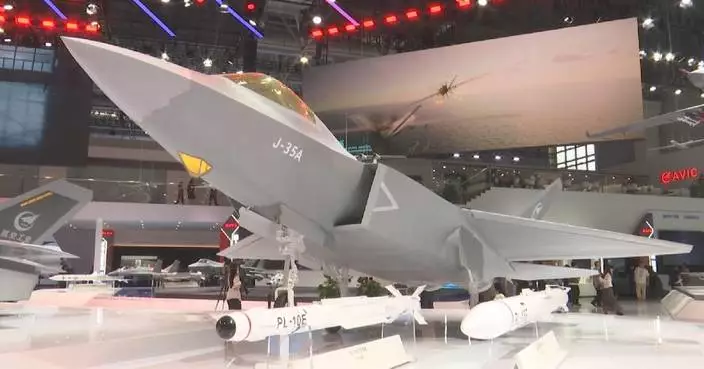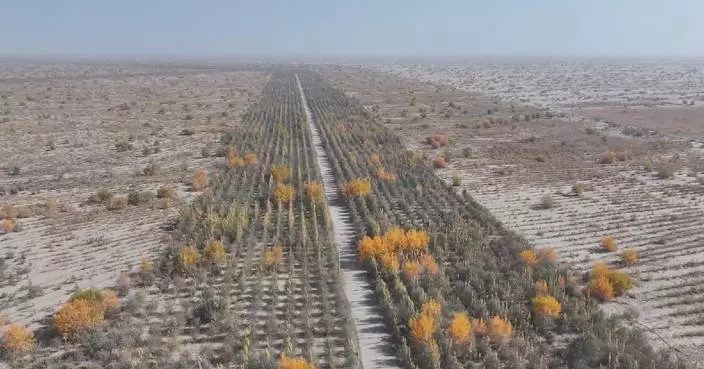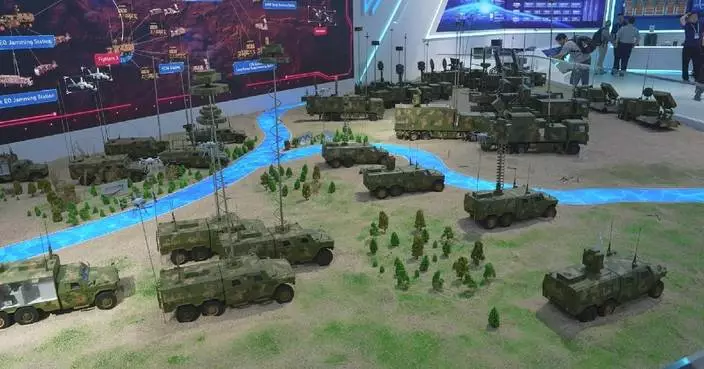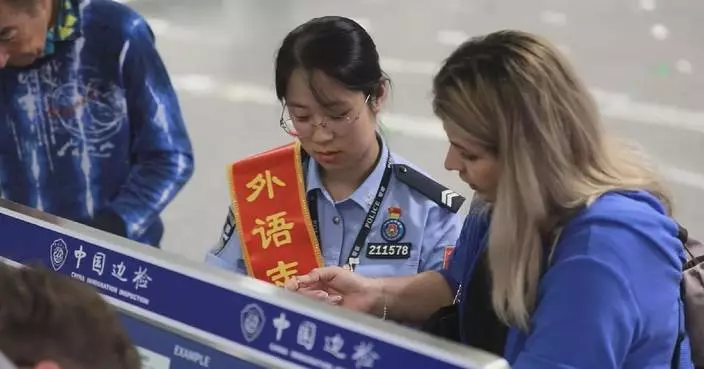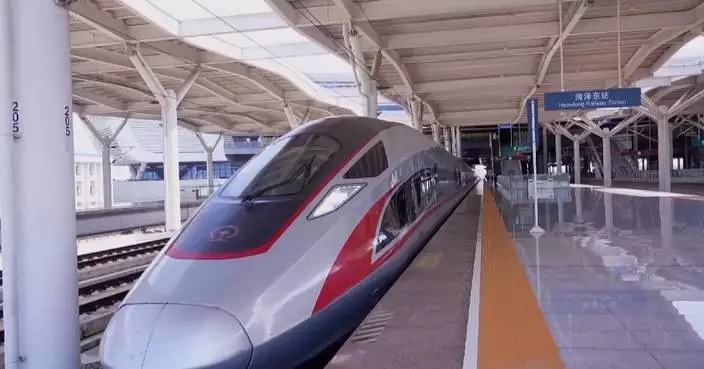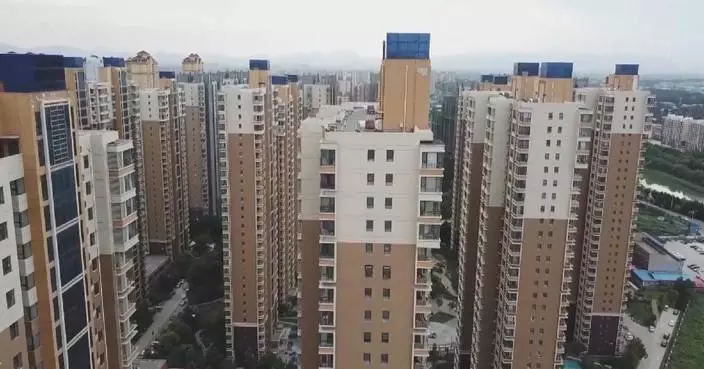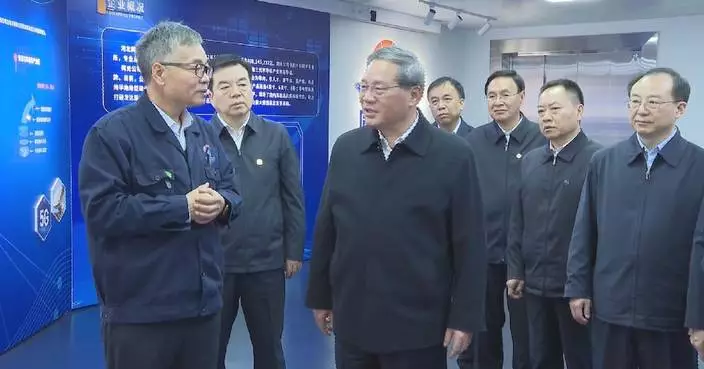A new career path is taking flight in China as the demand surges for licensed unmanned aerial vehicle (UAV) pilots, commonly known as drones, with training schools in eastern Jiangsu Province seeing an influx of young recruits eager to capitalize on the country's expanding low-altitude economy. At a training facility in Jiangsu's Xuzhou City, students are practicing 360-degree rotation maneuvers with their drones while instructors are standing by with backup controls, part of a comprehensive certification program that mirrors traditional drivers' license application.
The certification system is tiered based on drone size, ranging from mini UAVs weighing 7 to 25 kilos to medium UAVs of 25 to 150 kilos, with the latter becoming increasingly popular due to their enhanced payload capacity and longer endurance.
" Now the training of flying medium UAVs is becoming popular. The test comprises of two parts: theory and practice. Theory is just like driving license exam, which has a certain database for candidates to do and then they get scores. The practice part includes a comprehensive Q-and-A, plus an actual drone flight," said Chen Yafei, a drone pilot instructor.
Training courses run 20 to 30 days and cost about 10,000 yuan (1,381 U.S. dollars), attracting both corporate-sponsored trainees and individual students despite the hefty price tag.
"Our company is engaged in the construction and repair of roads and bridges. For some high or large bridges, or parts of a bridge that are difficult for us to see, we can monitor them with this new UAV equipment, so that it will be more convenient for us to work in the future," said Liu Ke, a trainee.
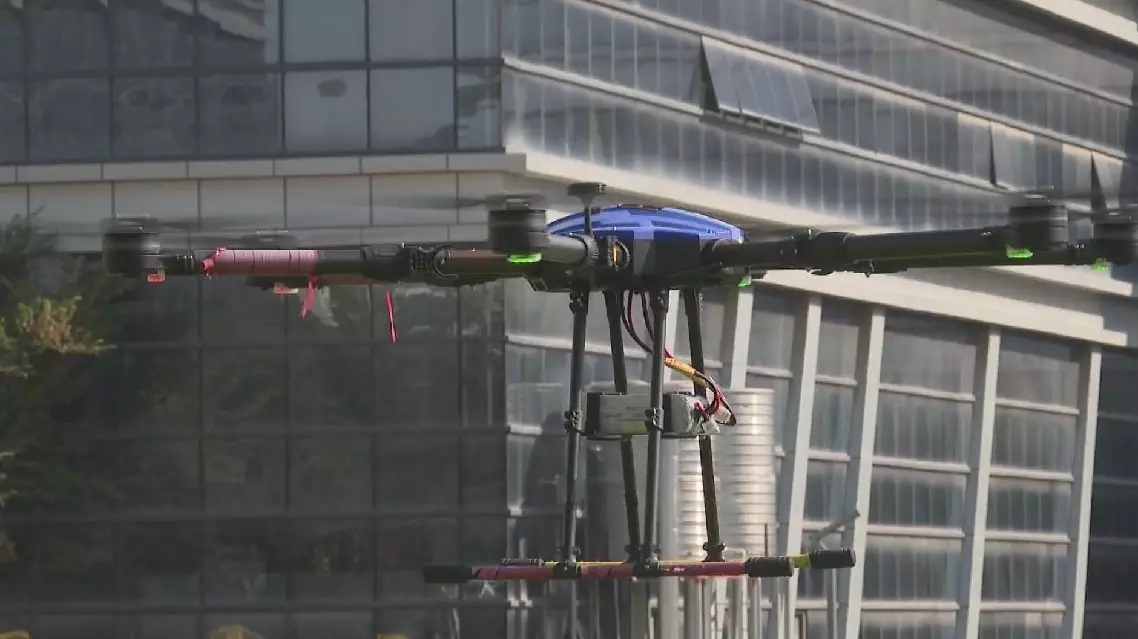
Growing low-altitude economy spurs drone pilot training demand
The second Global South Think Tanks Dialogue kicked off on Thursday in east China's Nanjing, bringing together more than 400 representatives of think tanks across over 100 countries.
Co-hosted by the International Department of the Communist Party of China (CPC) Central Committee, the CPC Jiangsu Provincial Committee, and the China Council for BRICS Think-tank Cooperation, the event is designed to foster discussions on key themes of equality, openness and cooperation among Global South.
Liu Jianchao, head of the International Department of the CPC Central Committee, emphasized that the dialogue aims to implement President Xi Jinping's important proposal at the BRICS Plus leaders' dialogue last month, which has led to the official launch of the Global South Think Tanks Alliance on Thursday.
China is ready to work with Global South countries to uphold the spirit of independence, solidarity, justice, openness, and inclusiveness, and to jointly build a Global South community of shared future, Liu said.
The newly established Think Tanks Alliance, Liu added, will leverage its unique strengths to provide intellectual support and foster greater collaboration among Global South countries.
Foreign attendees believe the Think Tanks Alliance will serve as an important platform for strengthening communication, dialogue, and cooperation within the Global South. They also expressed their commitment to joining hands with China to implement the three major global initiatives proposed by President Xi—the Global Development Initiative, the Global Security Initiative and the Global Civilization Initiative—while advancing the building of a community with a shared future for mankind.
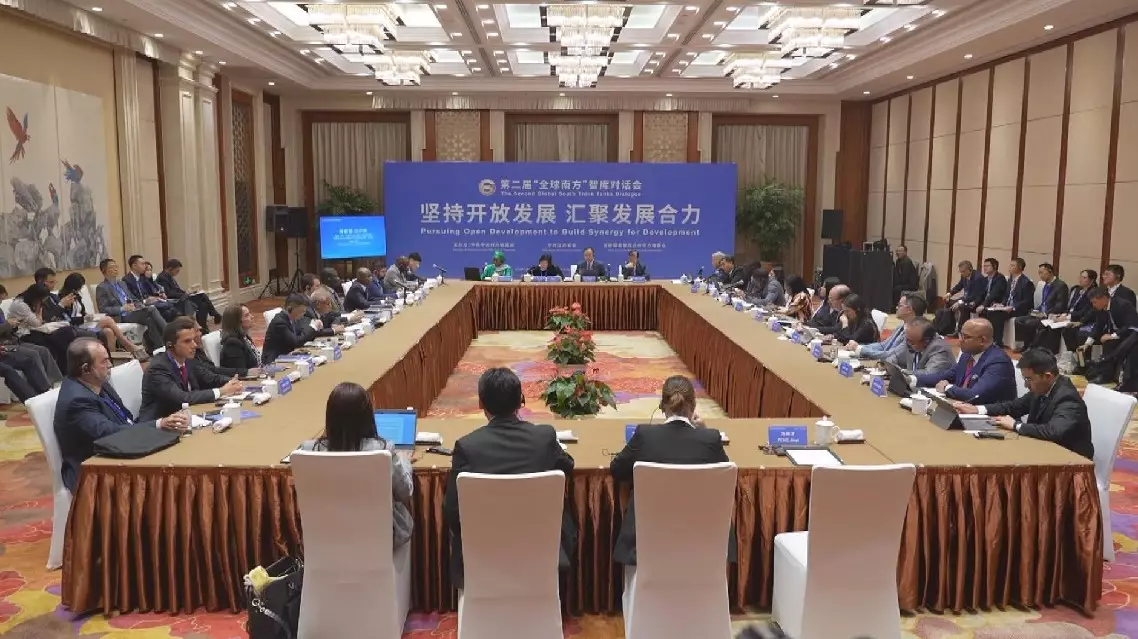
Global South think tanks gather in China for dialogue




